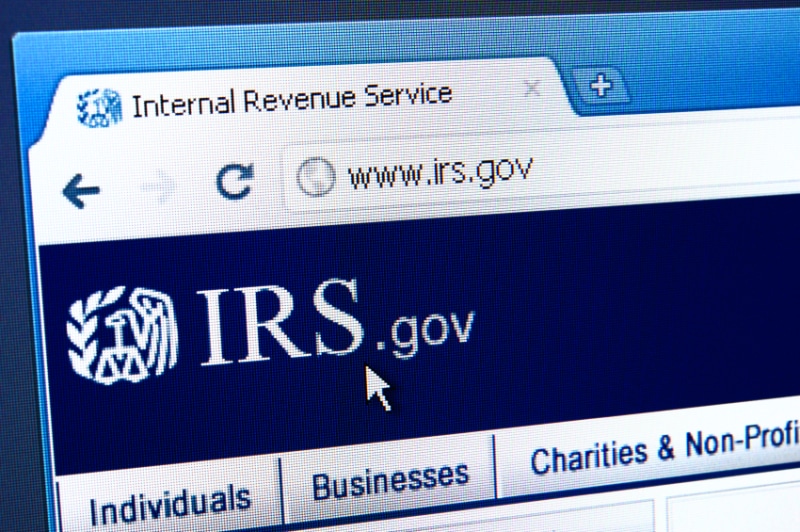IRS Announces Taxpayer Relief Initiative
On Monday November 2, 2020, the IRS announced the new Taxpayer Relief Initiative (“TRI”) in a News Release (IR-2020-248) (link) and an IRS Closer Look blog post by the head of IRS Collections, Darren Guillot (Deputy Commissioner, SB/SE Collection and Operations Support) (link). TRI provides some changes to IRS collection procedures to help taxpayers more easily settle their federal tax debts.
As noted by the IRS Commissioner and Mr. Guillot, TRI is an acknowledgement by the IRS that many taxpayers are facing financial challenges stemming from COVID 19 and the nation’s economic struggles. TRI is a less expansive follow-up to the IRS’s People First Initiative (“PFI”), which was provided broad relief during the summer of 2020. For more on PFI: Blog Post: Link | IRS News Release: Link. Nonetheless, TRI will provide valuable relief to some taxpayers.
The IRS News Release and Closer Look Blog Post provide the following highlights of TRI:
- Extends Period of Short-Term Payment Plans: Short term payment plan have up to 180 days to resolve their debt (up from 120 days).
- OIC Payment Flexibility: Flexibility for taxpayers that are temporarily struggling to make Offer-In-Compromise payments.
- Addition of Certain New Balances to Existing Installment Agreement: Certain new balances will be automatically added to existing Installment Agreements (individuals and Out of Business entities only).
- Installment Agreement without Financials or Substantiation: Certain individual taxpayers who owe less than $250,000 may set up Installment Agreements without providing a financial statement or substantiation if the payment proposal is sufficient.
- No NFTL For some 2019 Tax Debts: Some individual taxpayers that owe less than $250,000 for 2019 and owe only for 2019 may qualify for an Installment Agreement without a notice of federal tax lien filing.
- Modification of Existing Direct Debit Installment Agreements: Taxpayers with existing direct debit installment agreements may be able to use the IRS’s online system to propose a lower payment amount.
The News Release and Blog post also highlighted reasonable cause assistance (link) for taxpayers with failure to file, pay and deposit penalties. It also noted that First Time Abatement is also available for the first time a taxpayer is subject to failure to file, pay and deposit penalties.




